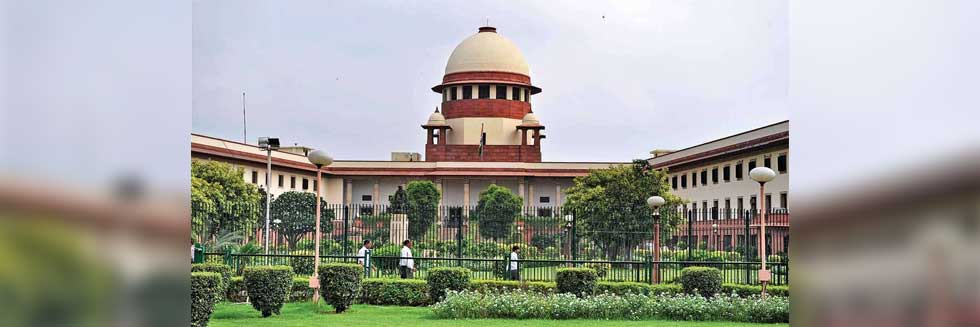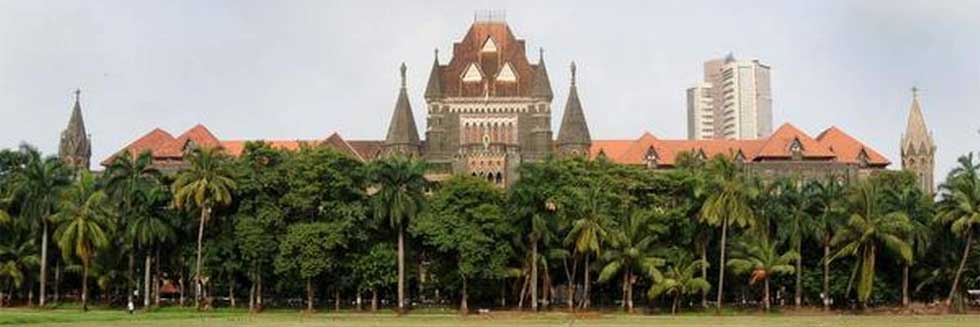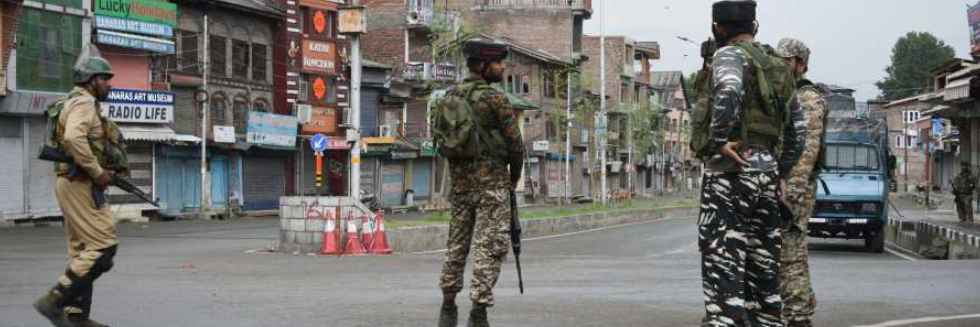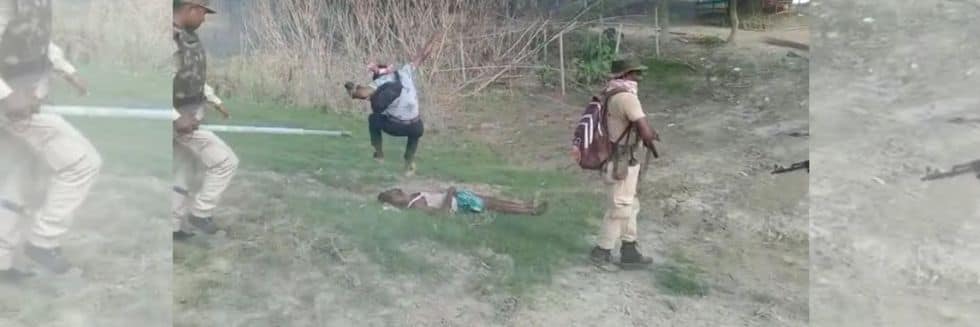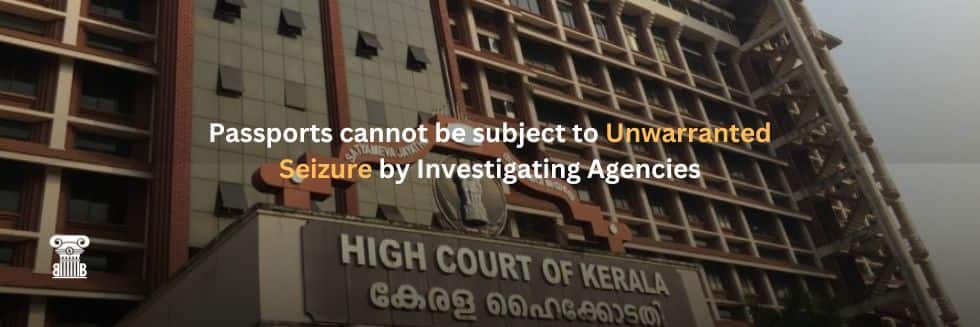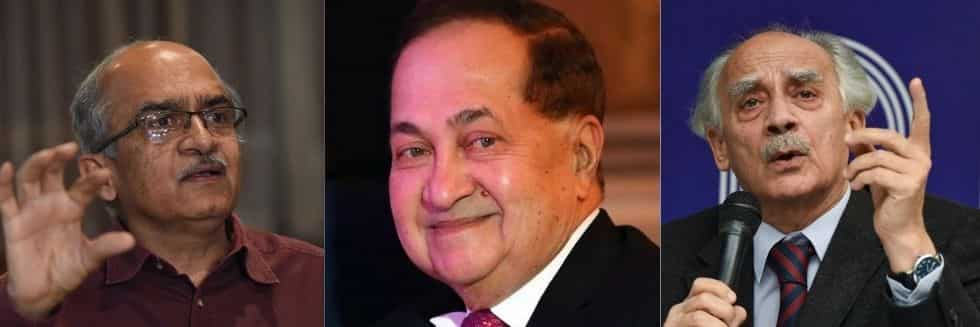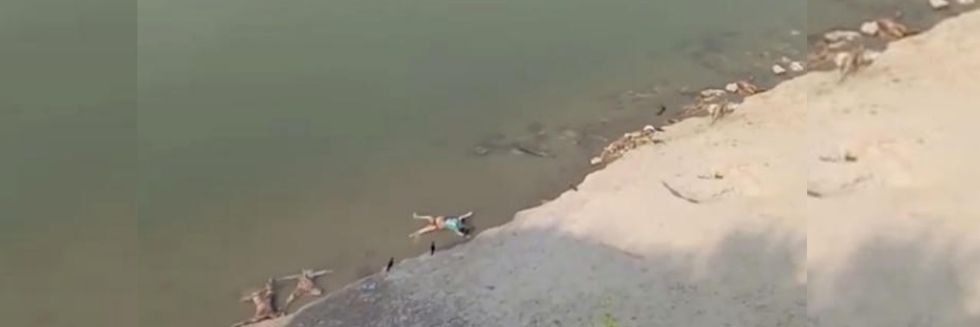Centre on Tuesday has favoured the expeditious hearing and disposal of pending cases against the sitting and former lawmakers in the country and stated that these matters must reach their logical conclusion within a time frame.
Solicitor General Tushar Mehta, appearing for Centre told the bench of Justices N V Ramana, Surya Kanta, and Hrishikesh Roy that he had no problem with the suggestions made by senior counsel Vijay Hansaria, amicus curiae appointed in the case.
SG Mehta said that if any of the proceedings are stayed by a High Court, the apex court may direct it to decide the matter in a time-bound manner.
He further added that such matters must reach their logical conclusion within a time frame, if any central agency like CBI or ED, is not proceeding with the case despite there being no stay, then he would take up the matter at another level.
“Whatever directions will come from the Supreme Court, the Union of India will welcome them. If there are any lacunae regarding the infrastructure of the special court, then the top court may direct the state government concerned to do the needful within a maximum of one month,” said Tushar Mehta.
The SC bench questioned Hansaria about the cases that have been investigated by central agencies like ED and CBI, few of them are still pending since several years.
To which Hansaria replied that many cases of the Prevention of Corruption Act have been stayed by the High Courts and cited the example of Karnataka. He also stated that several cases under the PC Act and PMLA registered against elected representatives were stayed by the Telangana High Court.
Hansaria also mentioned that several cases have not been expedited and several others are pending at the stage of framing charges. He also added that there are many cases where even charges have not been framed.
The bench noted that there are many cases where central agencies have filed FIR but no further actions have been taken. The court also pointed out that there are other issues including non-appointment of public prosecutors, charge sheets not being filed, and witnesses not being called.
Supreme Court bench observed that in case of only a single special court in the state, it will be difficult to dispose the all the matters within time.
To which Mehta replied that the court may consider specifying the number of cases a court will decide on. Citing the geographical aspect, Solicitor General also stated that the Chief Justice of every state may decide the number of cases to be dealt in a special court.
Hansaria adding his suggestion, cited that there are many states in the country that are big and witnesses will find it difficult to travel that much.
Tushar Mehta informed the court about the released funds by the Centre to states for the establishment of special courts and many states have not yet filed utilization certificate with the Centre.
Citing amicus curiae Hansaria’s suggestions, Mehta told the court that he agrees to the demarcation that offences which attract death, life sentence, and money laundering cases, and offences under the PC Act should get the maximum priority.
After that, a special court should take up the matters related to the SC/ST (Prevention of Atrocities) Act, and the Protection of Children from Sexual Offences (POCSO) Act. Thereafter, comes the offences punishable with imprisonment for seven years or more and other criminal matters.
Earlier, the top court was informed that politicians are facing criminal trials in 4,442 cases across the country, and among them, 2,665 are related to the sitting MP and MLAs.
The petition was filed by Advocate Ashwini Upadhyay who also sought top court’s directions to take appropriate measures to debar the convicted person under the Representation of the People Act from contesting MP/MLA elections, forming a political party, or to become an office-bearer of a political party.
